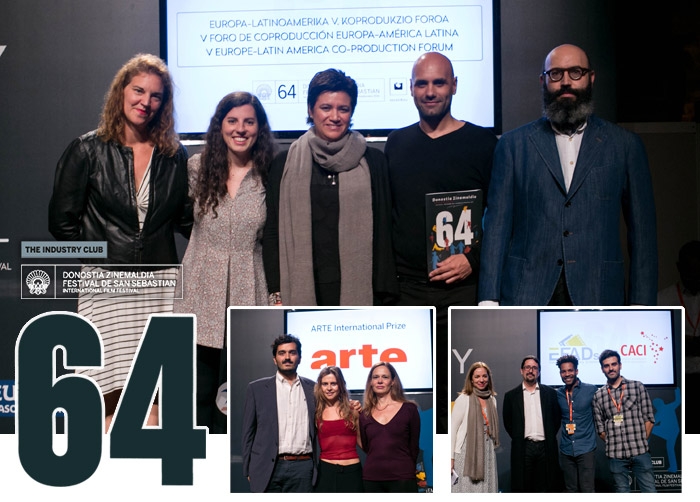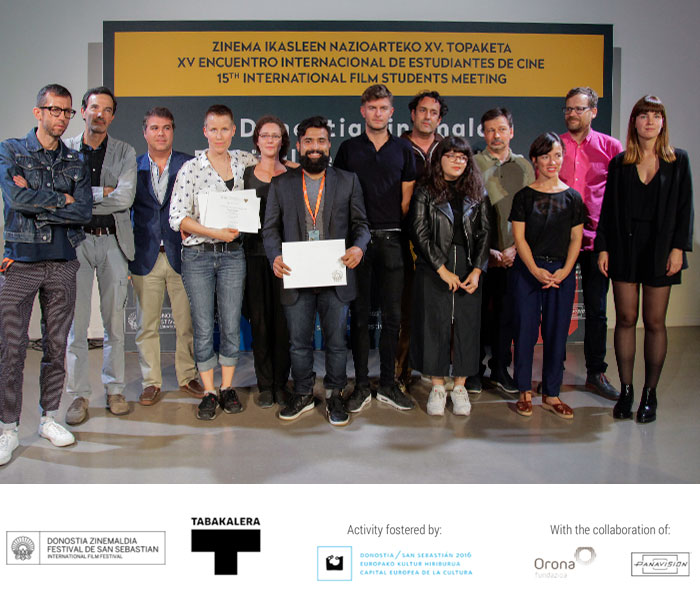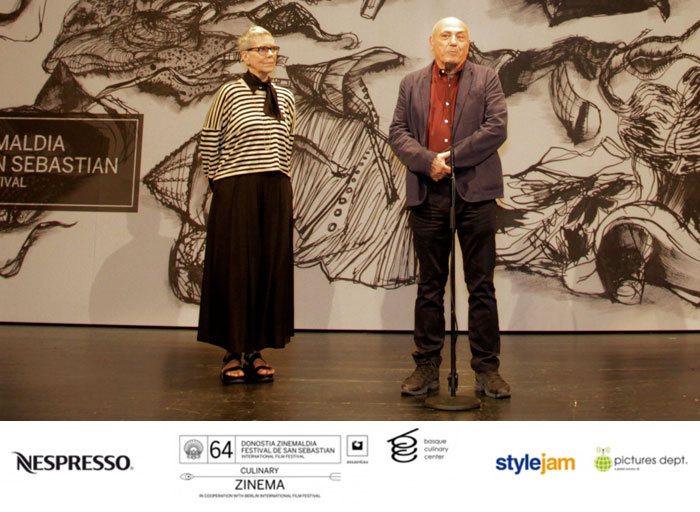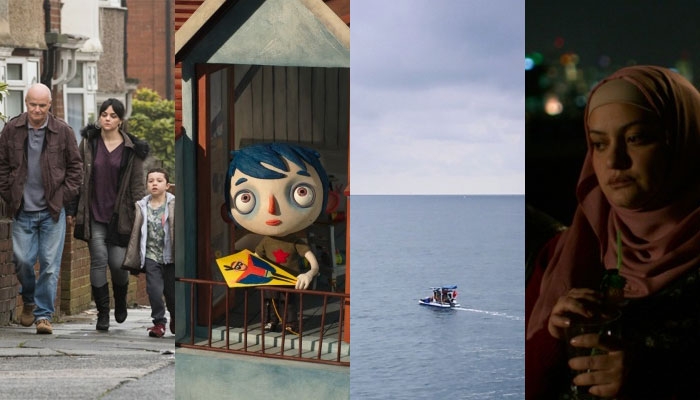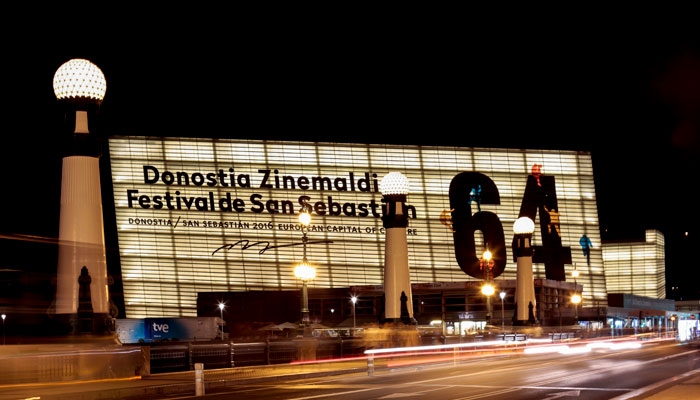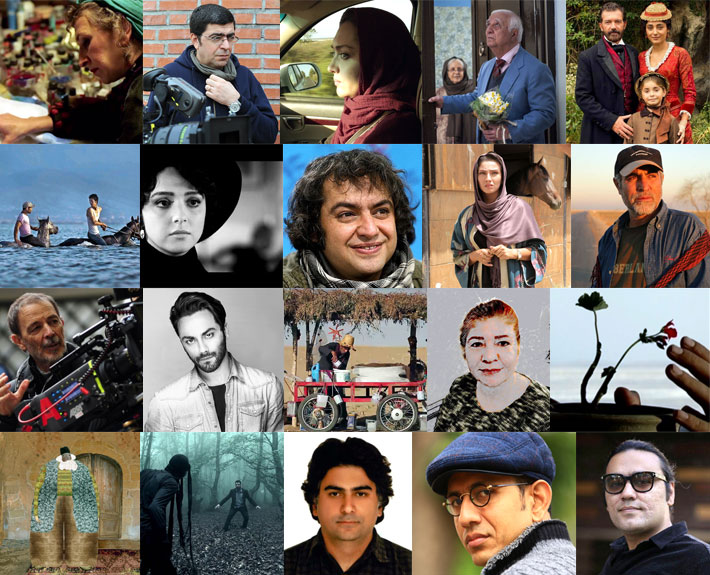
The Constitution (Ustav Republike Hrvatske), Croatia, Czech Republic, UK, Slovenia, Macedonia
Directed by Rajko Grlic; written by Ante Tomic & Rajko Grlic; cast: Nebojsa Glogovac, Dejan Acimovic, Ksenija Marinkovic, Bozidar Smiljanic...
The Story: Four characters (or rather three and a half, since the father of the protagonist is tied up to a deathbed with amputated legs, hardly able to speak) live in the same building, yet separated by different social status, political and ideological affiliations, sexual orientation, and of course, their nationalities. The protagonist is a grumpy professor from a wealthy bourgeois family, far-right oriented patriot (his surname is Kralj - in English King), but also a homosexual and transvestite that lives with his father – an ustasha from NDH (WWII Croatian Nazi soldier), while in the small one-room apartment in the basement lives a poor married couple - a Serb employed as a police officer (who changed his name to a Croatian one and voluntarily fought in the war on the Croatian side in order to keep his job), and his Croat wife, a caring nurse. One evening, the professor dressed as his female alter ego Katarina, gets beaten by a group of young homophobes and ends up in the hospital during the shift of his attentive neighbor. She continues taking care of professor’s recovery in his apartment, starts helping his immobile father, while her concern whether her dyslexic husband is going to pass mandatory the Republic of Croatia Constitution exam begins to grow (literal translation of the film’s original title is The Constitution of Republic of Croatia). Scared that her husband might fail (and therefore lose his job), she asks the professor to help him, and he agrees. Is it possible to find some foundation for full-of-platitudes Constitution of one state in the harsh reality that still suffers from maladies of the past, eroded by intolerance and strong prejudices of all types?
In spite of all the difficulties that have struck the 40th anniversary edition of Montreal World Film Festival, the once worldwide very prestigious manifestation has ended with a superb award-winning piece, I would say the most well-deserved Grand Prix in the at least past 8 years since I started following this event.
This delicate, an extraordinary “love story about hate” (as the film promotional material suggests) is the work of renowned Croatian filmmaker Rajko Grlic, who started his professional career in the early 1970ies in former Yugoslavia. But, the credit for this outstanding movie goes to Ante Tomic as well, a successful Croatian writer with whom Grlic wrote his internationally most acknowledged films, the last three in a row (the other two are The Border Post / 2006 and Just Between Us /2010). It is simply inevitable to emphasize the importance of screenwriting here because the greatness of The Constitution owns so much to its extremely well-written script, that is to say, carefully structured story, tighten dialogue and, above all, well-developed, colorful characters. Namely, Grlic is a rare filmmaker from former Yugoslav countries who genuinely appreciate the process of screenwriting insisting on its long-term development, i.e. many drafts (not much common for European cinema, either). Built on such a solid foundation and with Grlic’s vast experience in filmmaking, exceptionality of the final result should come as no surprise.
The Constitution is meticulously crafted, with simple and elegant camera work and compelling performances, especially by famous Serbian actor Nebojsa Glogovac as the lead; his stellar, nuanced performance (with great depth and acuity) of such a complex character, is hard to expect to be seen soon from aforementioned region. This immensely bold and brutally honest top-notch melodrama produced on a modest scale, which contains Grlic’s trademarks as dramatic conflict explored with intense emotional investment, seasoned with a refined sense of humor, skillfully deals with once again increasing intolerance in Croatia, yet its intelligent, deeply profound and insightful multilayered texture goes far beyond local, addressing an urgent global problem. Grlic’s polished and subtle directing evokes the best pieces of Douglas Sirk or Rainer Werner Fassbinder.
According to Croatian media, Grlic’s Constitution has been announced as the most anticipated film of the year over there. And it absolutely should be, because this extremely important film, at the same time brutal and gentle, thoroughly human, healing movie is not only a peak of Grlic’s oeuvre (which is the most consistent, solid and durable in contemporary Croatian cinema) but, considering how hard it is to deliver this kind of achievement, also could stand at the very top of regional production in the last two and a half decades, or since Yugoslavia broke apart. Finally, perhaps the most appropriate comment on Grlic’s accomplishment is to borrow the title of his early, breakthrough movie: Bravo maestro!

















